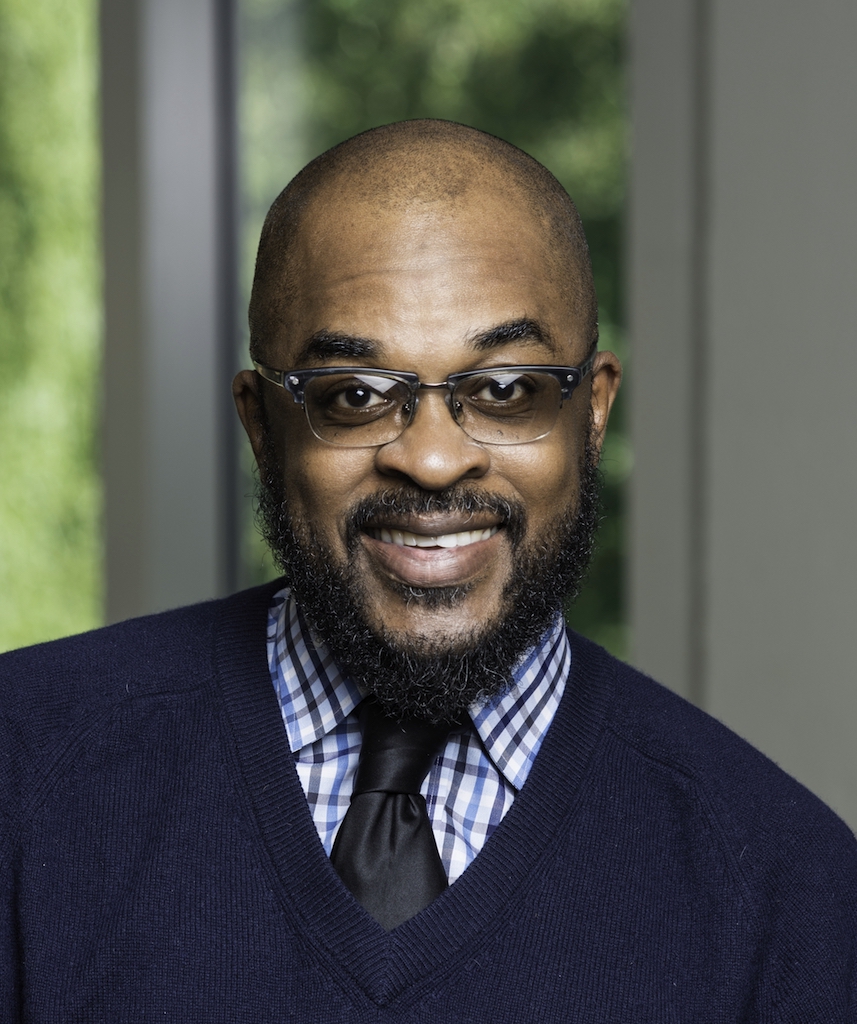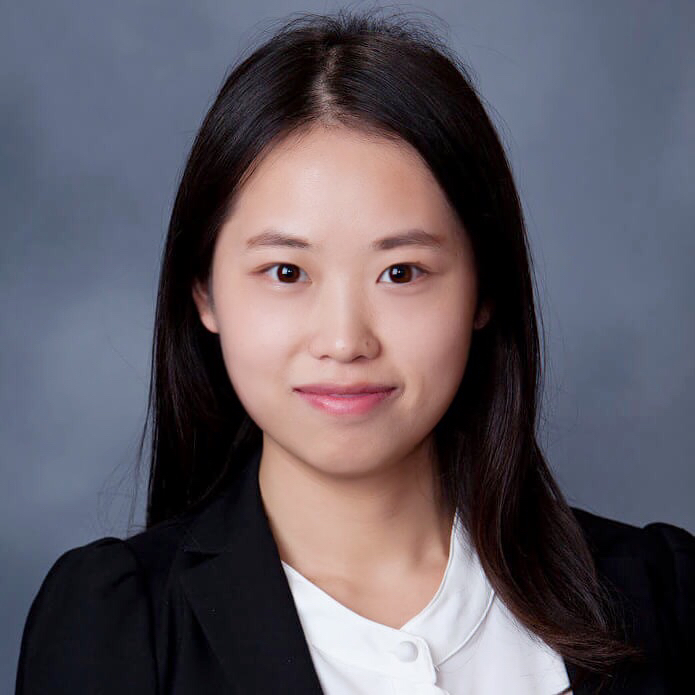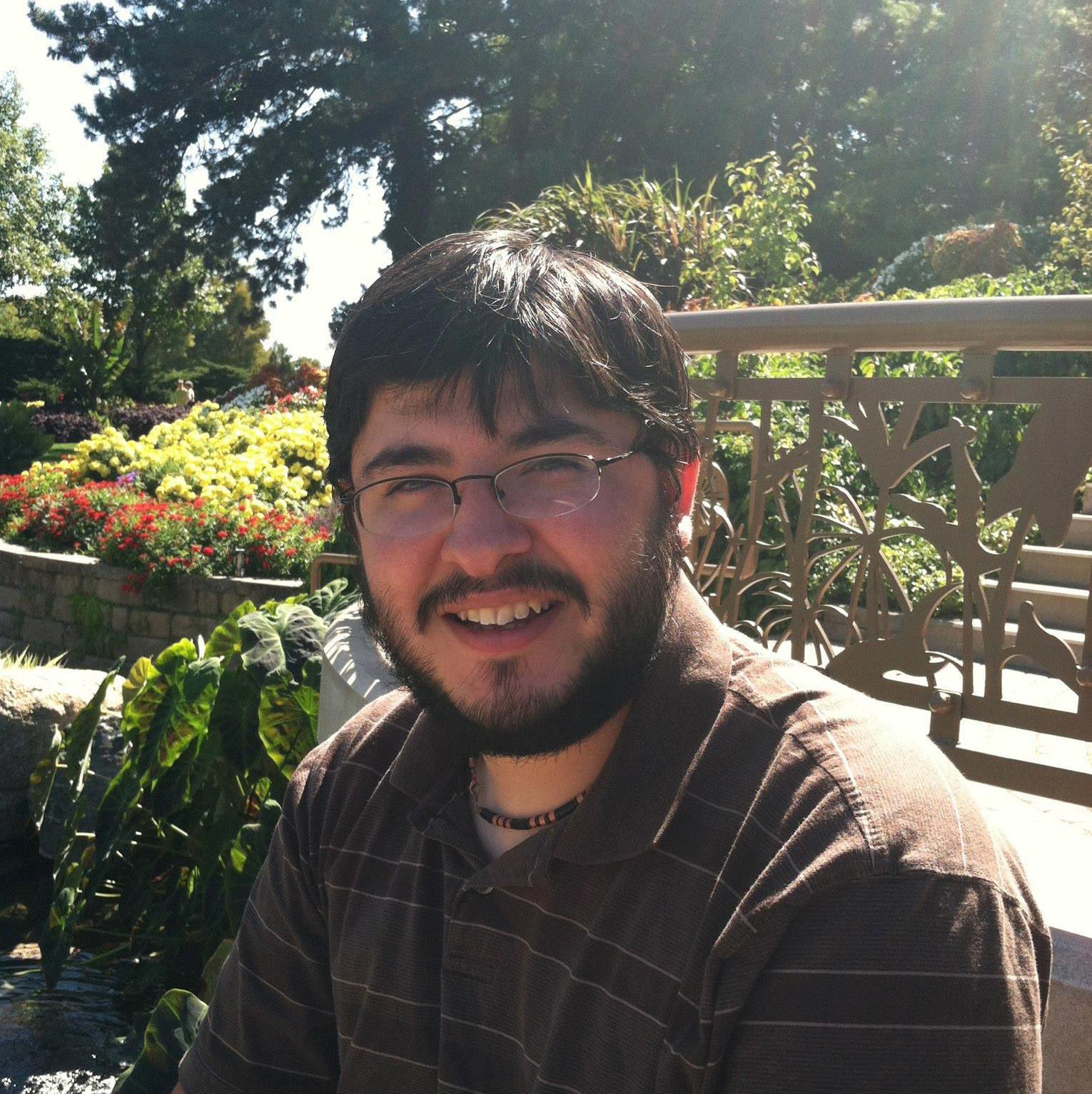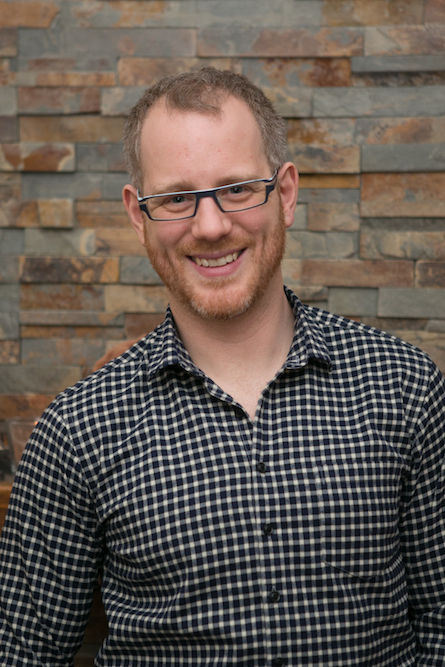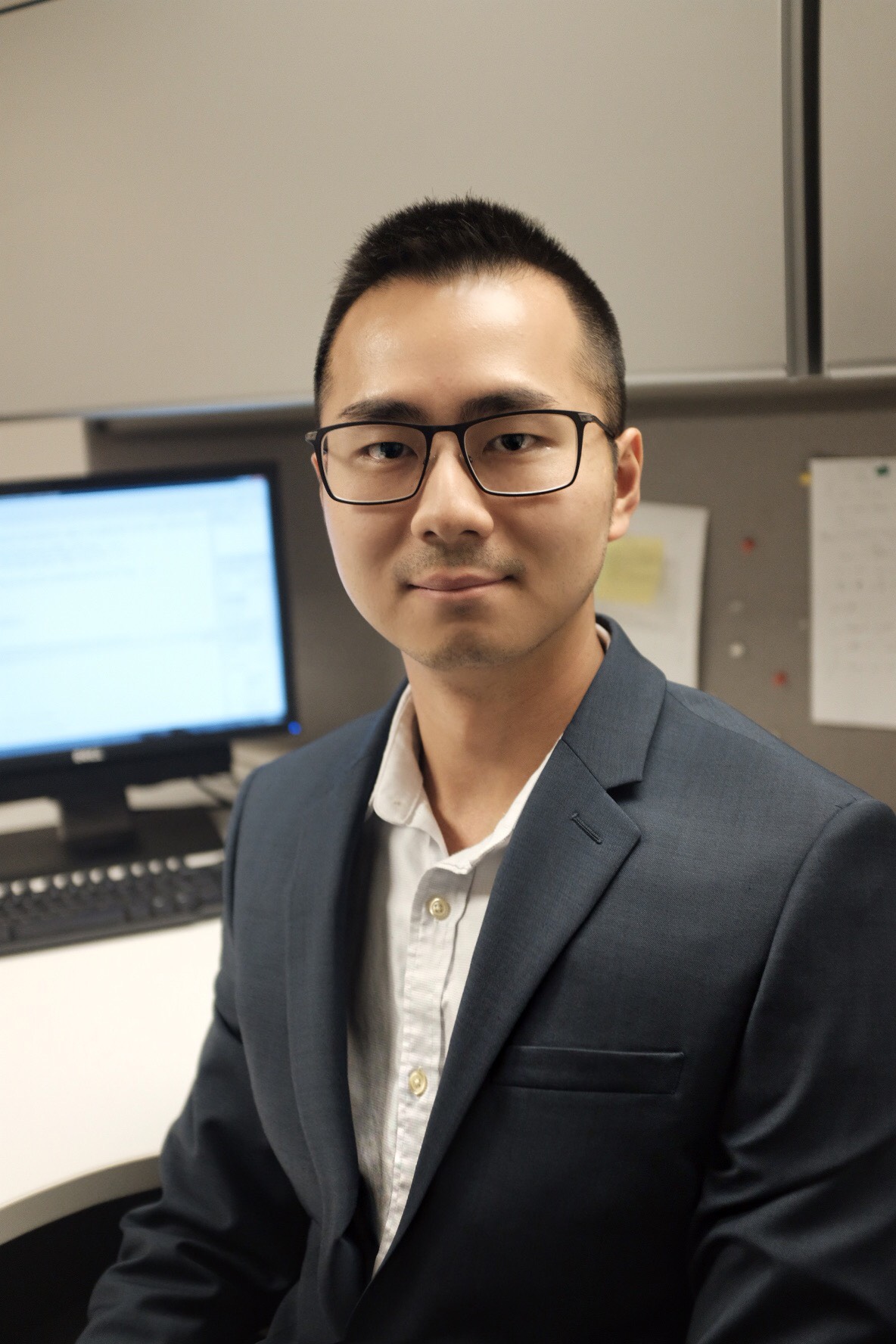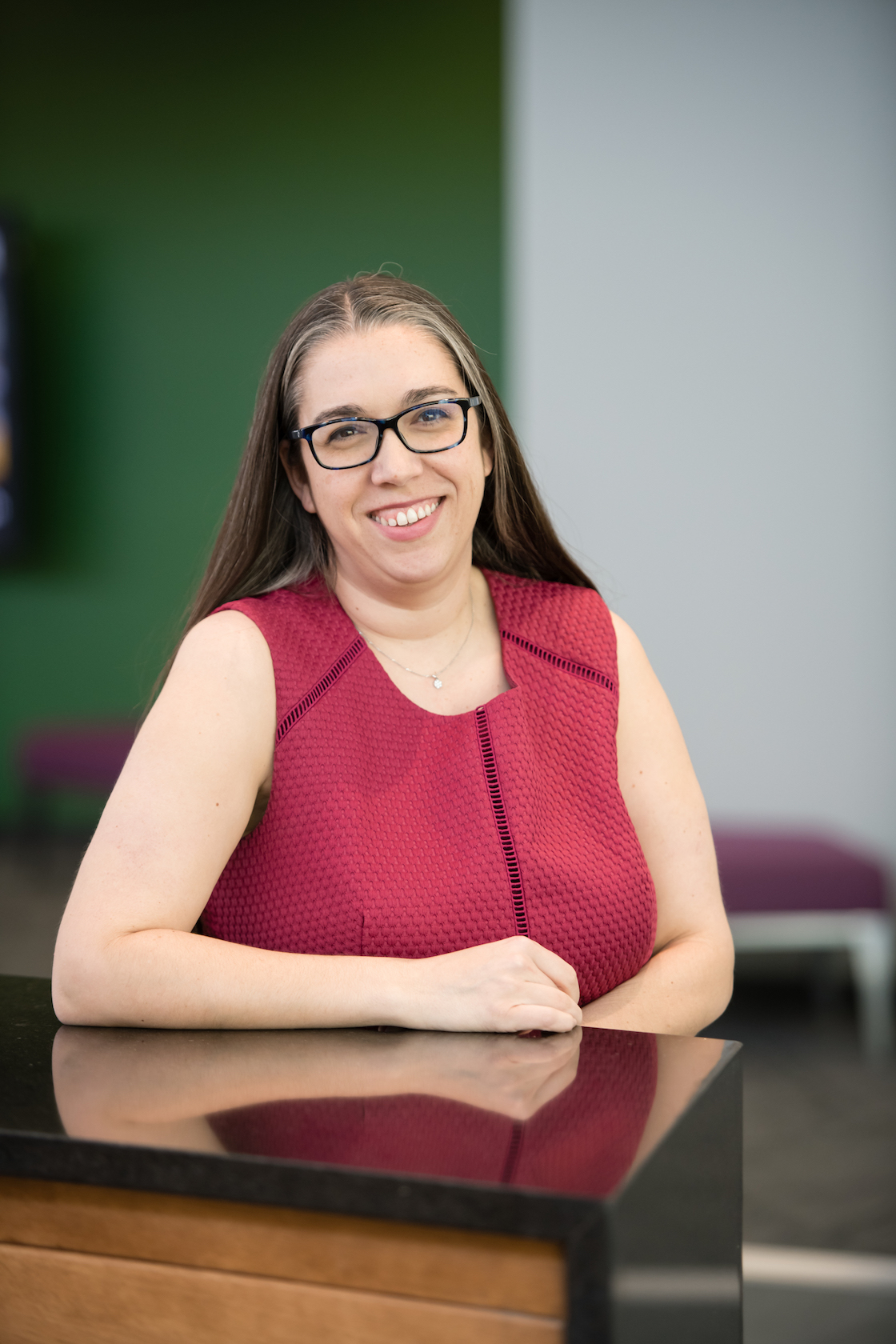
Cynthia D’Angelo, Ph.D, is a researcher specializing in science education, technology-enhanced learning environments (including simulations and games) and collaborative learning. She focuses her work on leveraging data gathered through online technologies to better understand student learning of STEM concepts and practices and help teachers improve their instruction. She was the PI of a $1.5 million NSF-funded project that worked on developing learning analytics for speech data of face-to-face collaboration of middle school students. She has also worked extensively with NGSS, both in implementation of curricular initiatives related to NGSS and in developing and studying NGSS-aligned formative assessments. In her free time, Cynthia enjoys photography, playing soccer, and hanging out with her dog.
